Businesses catch up with green transformation but still get stuck in legal issues
On the morning of June 6, in Ho Chi Minh City, the forum “Water resource management in Vietnam industrial production 2025” took place. The forum was organized by the Department of Environment - Ministry of Agriculture and Environment in coordination with the Agriculture and Environment Newspaper. This is a meaningful event in response to World Environment Day June 5 and the Action Month for Vietnam Environment.
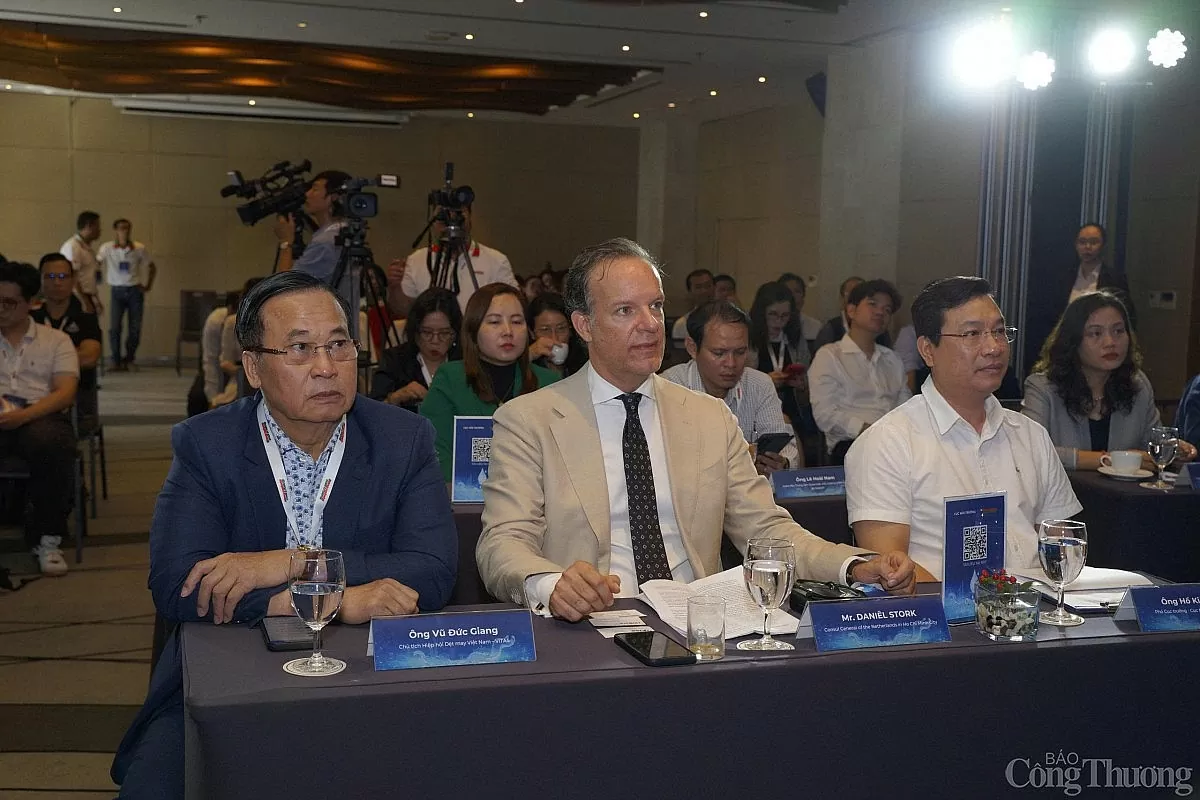 |
| Delegates attending the forum |
In his opening speech, Mr. Ho Kien Trung - Deputy Director of the Department of Environment (Ministry of Agriculture and Environment) - shared that more and more businesses are choosing the path of green development - boldly investing in advanced wastewater treatment solutions, approaching the technology of leading developed countries.
Accordingly, the rate of industrial parks building and operating centralized wastewater treatment systems that meet environmental standards is constantly increasing, clearly demonstrating a qualitative change in approach and action.
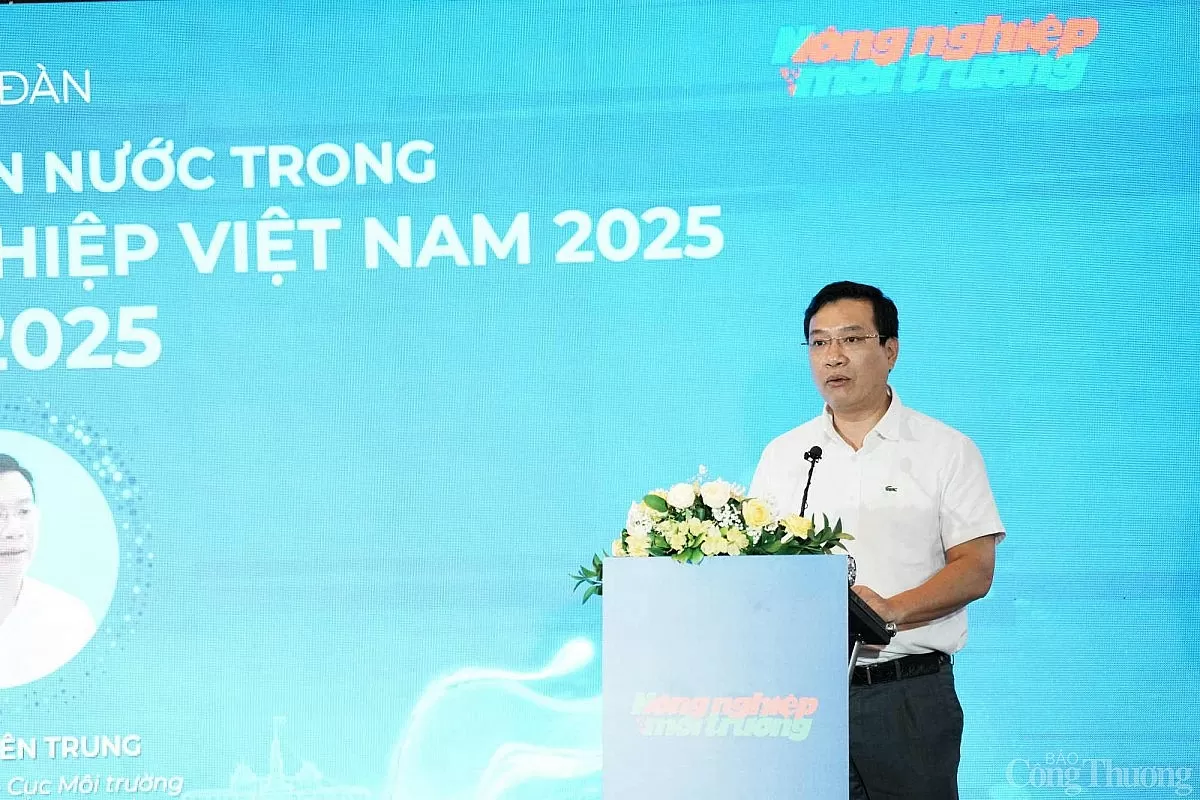 |
| Mr. Ho Kien Trung - Deputy Director of the Department of Environment - spoke at the event. |
However, Mr. Ho Trung Kien also said that there is still a certain proportion of industrial wastewater that has not been treated or has not been treated to meet standards before being discharged into the environment. A report from the Ministry of Agriculture and Environment shows that 94.1% of operating industrial parks nationwide have built centralized wastewater treatment systems that meet standards. However, in industrial clusters, this figure only stops at 31.5%, a modest rate and shows that great efforts are needed ahead.
At the same time, wastewater treatment technology is not yet synchronized, investment and operating costs are still major barriers. Choosing the right technology for each industry, production scale and financial capacity is still a problem without an optimal solution, especially for small and medium enterprises. In addition, we are lacking a team of experts, engineers and technicians who are well-trained and have the capacity to operate and maintain modern wastewater treatment systems.
In particular, the management and supervision of industrial wastewater treatment activities have not been implemented synchronously, regularly and continuously. The lack of data and effective monitoring tools has resulted in some violations of environmental laws not being detected and handled promptly.
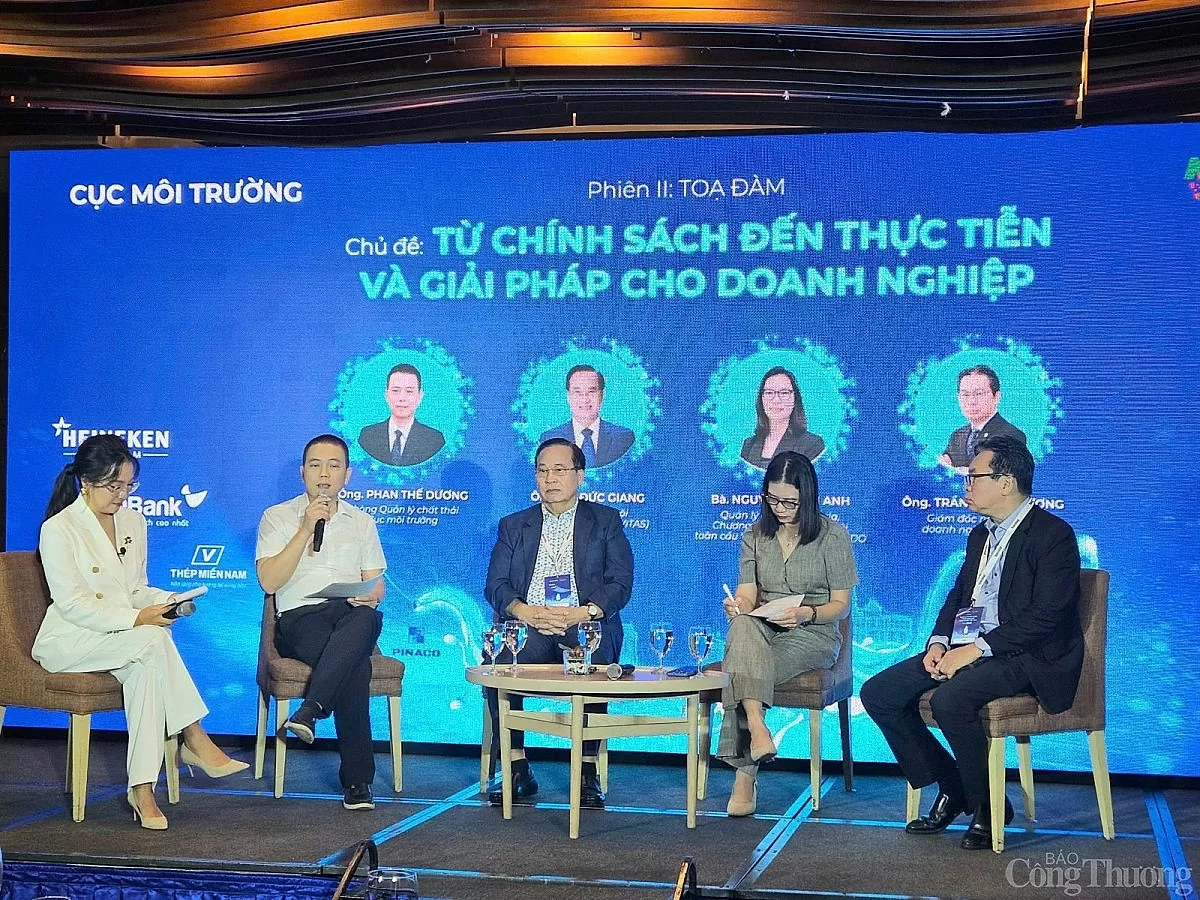 |
| The discussion "From policy to practice and solutions for businesses" took place within the framework of the forum. |
Creating a legal framework for sustainable water governance
Mr. Daniel Stork - Consul General of the Netherlands in Ho Chi Minh City - also acknowledged that, based on feedback from the Dutch business community in Vietnam and their Vietnamese business partners, and looking at the history of activities and projects within the framework of the Netherlands - Vietnam development cooperation, we realize that the legal framework is still a barrier to the development of the water sector in Vietnam.
“We see real demand for water and waste management, active participation from the private sector and availability of technology in Vietnam; the main obstacle remains a clear and effective regulatory framework, as well as a significant gap between policy and practice regarding wastewater treatment and reuse,” said Daniel Stork.
According to Mr. Daniel Stork, the Netherlands highly appreciates the efforts of the Vietnamese Government, especially the Ministry of Agriculture and Environment, in timely policy changes, especially Decree 05/2025/ND-CP and Circular 07/2025/TT-BTNMT guiding the implementation of the Law on Environmental Protection, which were introduced and discussed in today's forum. This leadership role from the Government is essential in creating conditions for sustainable water governance. Today's forum is a valuable opportunity to assess the practical impact of these documents.
Mr. Tran Thien Long - Vice President of Vietnam Real Estate Association (VIREA) - said that the eco-industrial park model has been widely applied in many countries, showing clear economic, environmental and social efficiency. In Vietnam, this model has only been piloted, mainly from converting traditional industrial parks. Mr. Long said that to convert to an eco-industrial park, there needs to be a fundamental roadmap.
According to Mr. Long, Vietnam is making efforts to develop eco-industrial parks towards sustainable and environmentally friendly development. However, this process still faces many challenges such as: Environmental pollution; wastewater and exhaust gas treatment not meeting standards; weak technical infrastructure, lack of high-quality labor; inadequate land and water resource management; lack of effective coordination and monitoring mechanisms.
The Vice President of VIREA emphasized that to promote the sustainable development of the industrial park network in Vietnam, it is necessary to have the participation of state management agencies and the cooperation of enterprises nationwide to consistently and effectively implement solutions.
Typical examples include: Investing well in modern treatment technology; promoting the use of renewable energy; applying environmental standards; using water economically and reusing; upgrading technical infrastructure and traffic connections; training quality human resources, improving the working environment; strengthening supervision and close coordination between relevant parties.
Ms. Pham Thi Truc Thanh - Director of Sustainable Development, Heineken Vietnam Brewery Company Limited: In production, at factories, especially the factory in Ba Ria - Vung Tau, Heineken has deployed a water recycling system (WRP), helping to reduce more than 50% of water usage compared to 2016. The company also continuously improves management standards and optimizes wastewater treatment processes. For the community and nature, the company proactively studies local water challenges, assesses risks (SVA), implements water balance projects and promotes public-private partnerships. The outstanding result is that 100% of wastewater is treated at Class A and returned to nature, especially in the Tien River basin - where more than 847,000 trees have been planted, more than 1,100 hectares of forest have been restored and more than 4,200 households have been supported. In 2022, the company will cooperate with the Vietnamese government to invest 30 billion VND in conservation areas such as Xuan Son, Dong Nai and Dong Thap Muoi, helping to compensate for more than 690 million liters of water. |
Source: https://congthuong.vn/thuc-day-quan-ly-nuoc-ben-vung-trong-san-xuat-cong-nghiep-391098.html








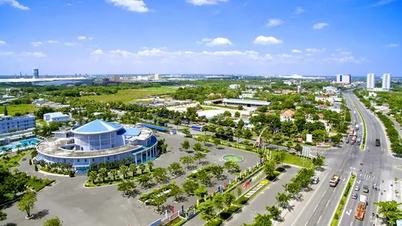

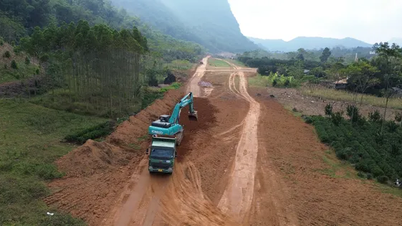
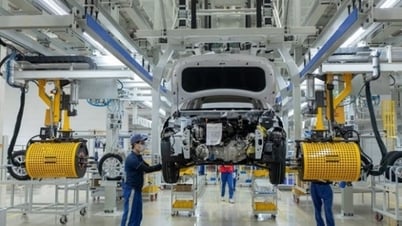
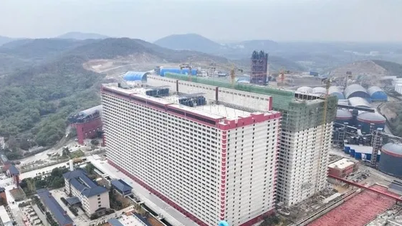





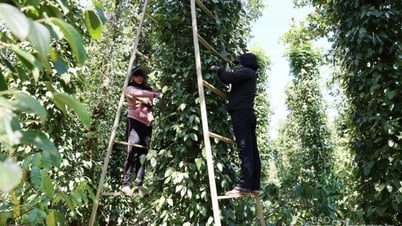
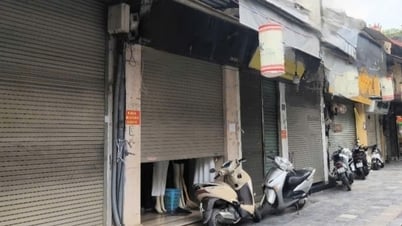
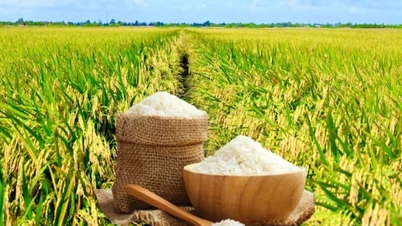

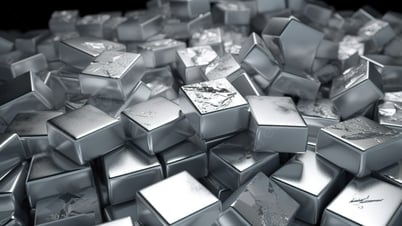
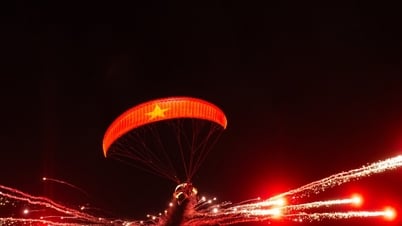










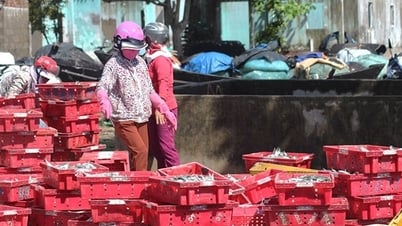






















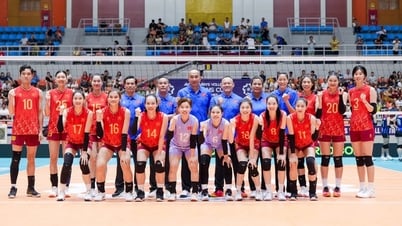
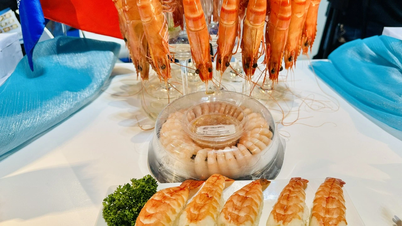











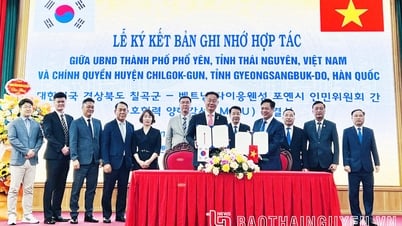

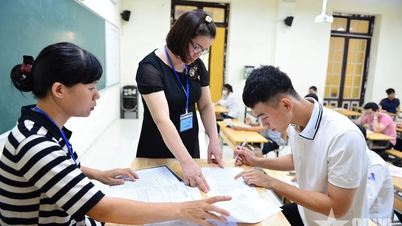

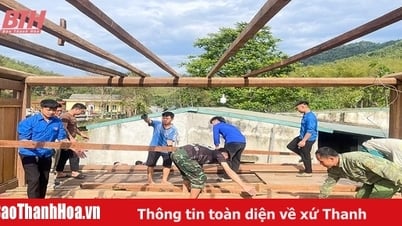

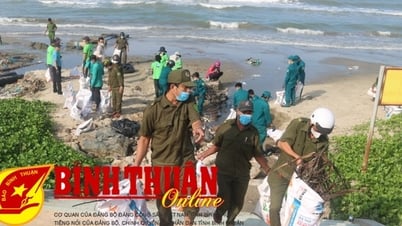












![[OCOP REVIEW] Tu Duyen Syrup - The essence of herbs from the mountains and forests of Nhu Thanh](https://vphoto.vietnam.vn/thumb/402x226/vietnam/resource/IMAGE/2025/6/5/58ca32fce4ec44039e444fbfae7e75ec)


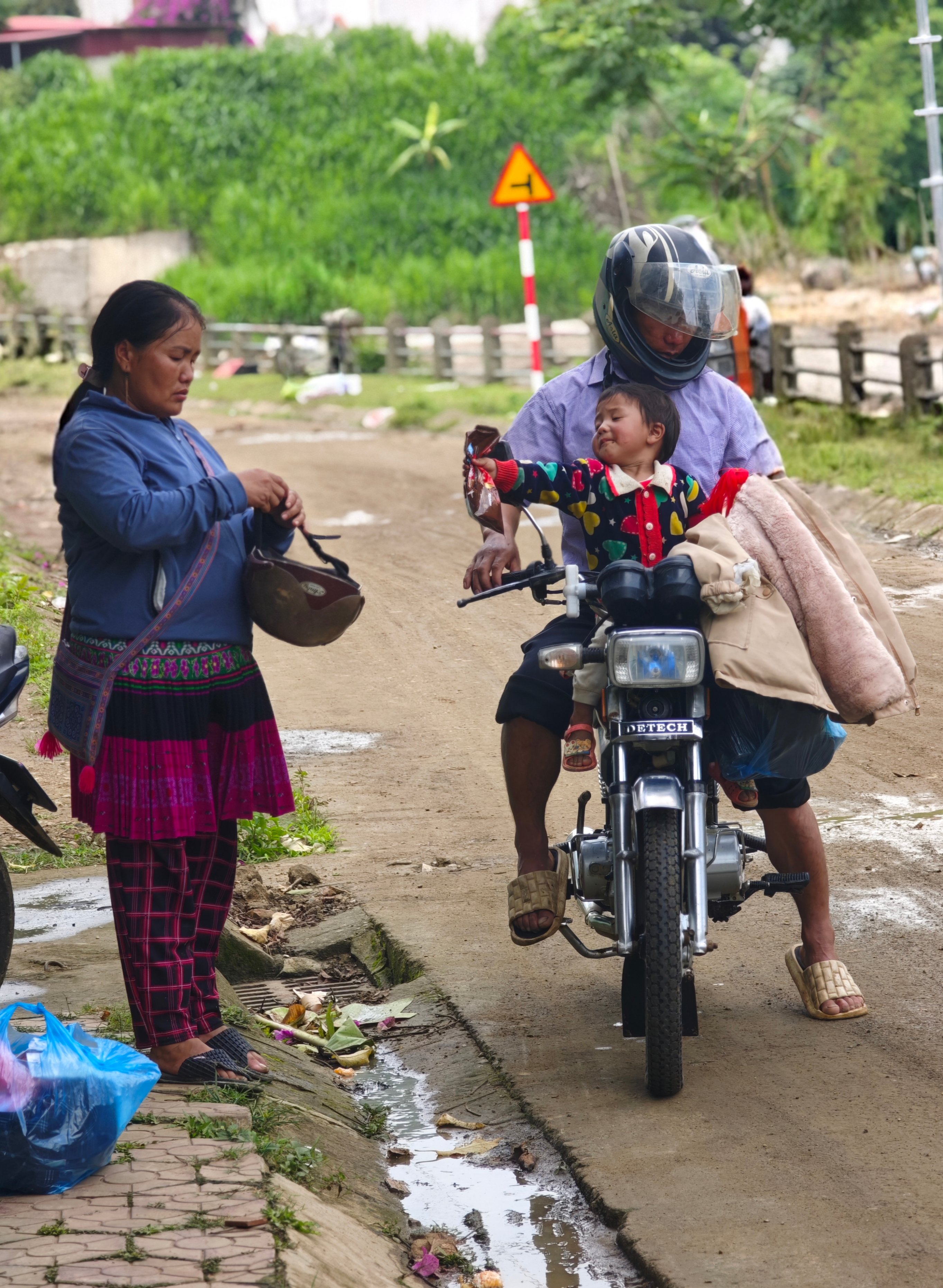
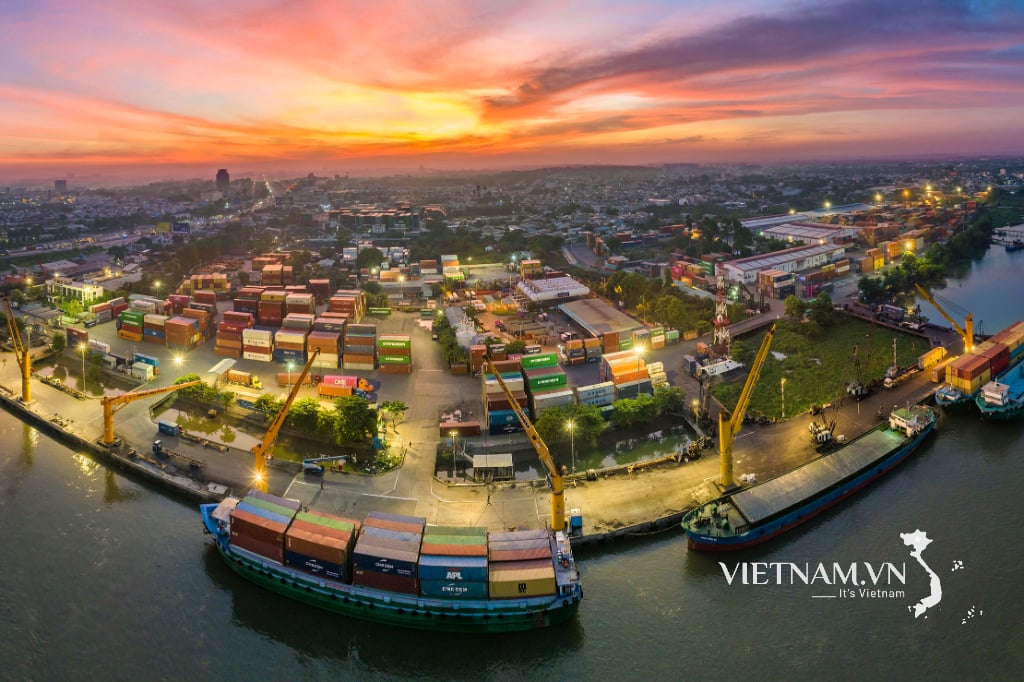
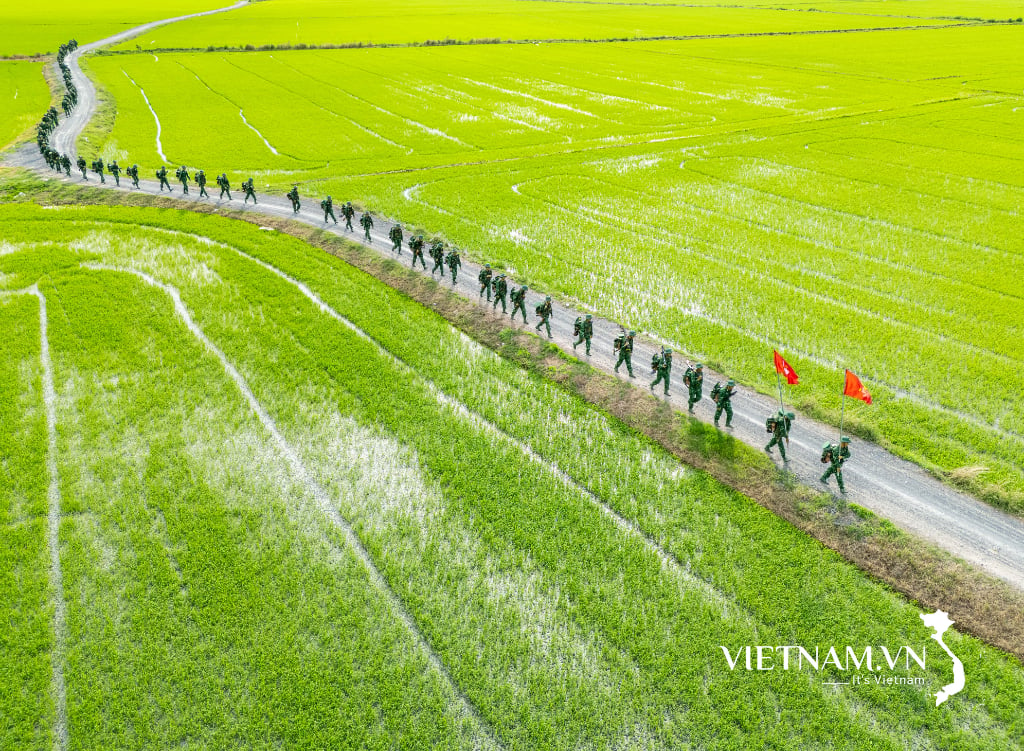

Comment (0)